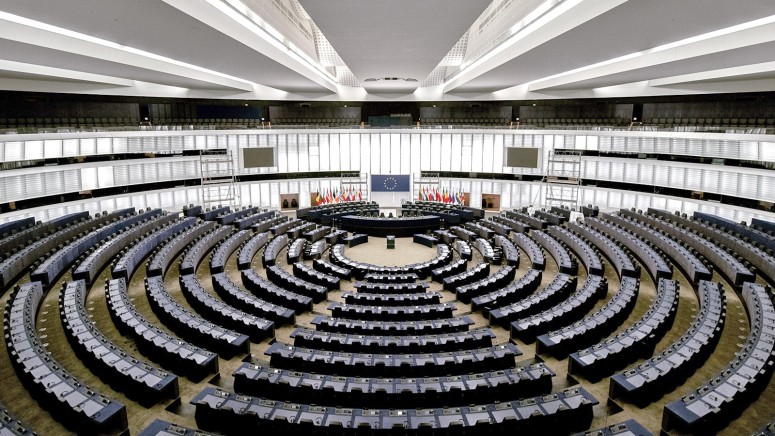
Article 13 Poised Take Its Final Form Soon, as the World Holds Its Breath
- Article 13 to be finalized during next week, with subtle changes to find their way into the text.
- European citizens continue to express their objections to their governments, which until now, have been dismissed.
- This is the final act in the drama that will activate the most universal and aggressive censorship law in the history of the internet.
The exact content of the controversial Article 13 text is to be negotiated during the next week by the European Parliament and Council members, and the results are bound to disappoint both its supporters and its adversaries. Article 13 will bring intrusive copyright-infringement-based censorship on the internet, affecting billions of users and millions of content creators, while on the other side it will act as a protective measure for the profits of copyright holders.
The need to revise Article 13 stems from the large-scale objection that has been expressed by many, including tech giants like YouTube and Facebook. With a broad voters base opposing the new law, several national governments find it harder to support it with their vote, so it needs to be amended to mitigate the contravention wave. Still though, many claim that whatever modifications are implemented in Article 13, the result will still be aggressive online content censorship and user activity surveillance.
The Electronic Frontier Foundation (EFF) is calling the people of various European countries to get more vocal towards their representatives and make their statement against unaccountable algorithmic censorship loud and clear. To this day, over four million European citizens have written and signed letters to express their opposition to Article 13, with the supporters of the new censorship law dismissing them as “bots”. As stated on the EFF website: “Article 11 and Article 13 will subject huge swaths of online expression to interception and arbitrary censorship, and give the largest news companies in Europe the power to decide who can discuss and criticize their reporting, and undermining public-interest, open-access journalism.”
The core of Article 13 has already been agreed on among the members of the European Parliament, so internet platforms and websites will be rendered liable and accountable for any copyright infringement committed by their users. This includes anything from posts to mere comments on news stories. Nothing will be left out of the context of the new law, not even elements that actually work to the benefit of copyright holders. For example, posts from sports supporters result in the exposure of the associated brand-names and add up in the fan engagement on social media.
Whatever the case, we will know what to expect in the next week, when the content of Article 13 will be solidified. Until then, 500 million European citizens may be witnessing the last days of “uncensored internet”.
Are you worried about Article 13? Have you expressed your objection to your political representatives? Let us know in the comments below, and share this story by visiting our socials on Twitter and Facebook.






